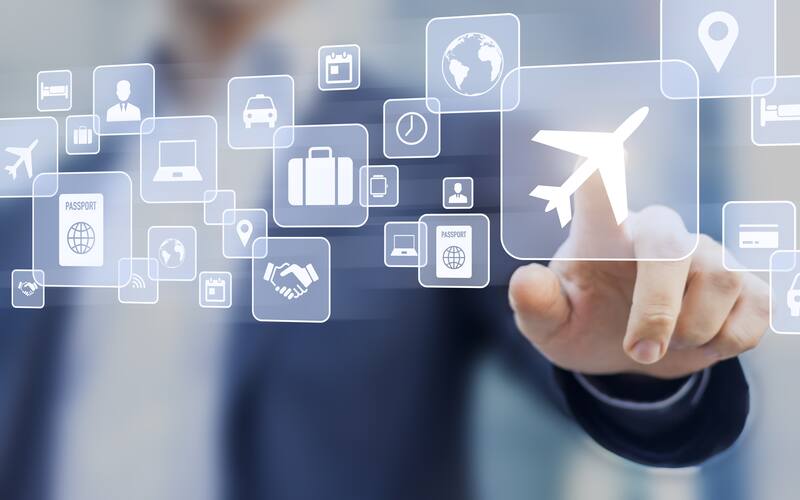
Exploring Emerging Technologies in the Travel Industry
The travel industry has always been at the forefront of innovation, constantly adapting to new technologies to enhance the travel experience. As we enter a new era, several emerging technologies are set to revolutionize the way we explore the world. In this article, we delve into some of the most promising technologies shaping the future of travel and hear insights from two experts in the field.
Virtual Reality and Augmented Reality are poised to transform the way we plan and experience our travel adventures. VR allows travelers to virtually explore destinations before making a booking, immersing themselves in realistic 360-degree environments. It offers a glimpse into attractions, accommodations, and activities, enabling travelers to make more informed decisions. On the other hand, AR enhances the physical world with digital overlays, providing interactive information and navigation assistance during travel
According to Lisa Wong, a travel technology consultant, “Virtual Reality and Augmented Reality have immense potential in the travel industry. These technologies can transport travelers to destinations, giving them a taste of what to expect. AR, in particular, can enhance on-the-ground experiences by overlaying digital information and creating interactive travel guides. This creates a more immersive and personalized journey for travelers.”
The Internet of Things has already begun to make its mark on the travel industry, connecting various devices and systems to provide a seamless travel experience. IoT can enable smart hotel rooms, where guests can control lighting, temperature, and entertainment systems with their smartphones. It can also facilitate luggage tracking, allowing travelers to monitor their belongings throughout their journey. Moreover, IoT sensors can optimize the management of transportation systems, enhancing efficiency and reducing travel disruptions.
Dr. James Foster, a technology futurist, emphasizes the transformative power of IoT in travel, stating, “The Internet of Things will revolutionize the way we travel. Connected devices and systems will seamlessly work together to create personalized experiences and streamline operations. From smart hotels to smart airports and smart transportation, IoT will enhance convenience, efficiency, and safety throughout the travel journey.”
Artificial Intelligence and Machine Learning are reshaping various aspects of the travel industry, from customer service to personalized recommendations. AI-powered chatbots and virtual assistants are becoming increasingly prevalent, providing travelers with instant support and information throughout their journey. Machine Learning algorithms analyze vast amounts of data to offer tailored recommendations, such as personalized travel itineraries, accommodations, and activities based on individual preferences.
Dr. Rachel Scott, an AI researcher specializing in travel applications, discusses the potential of AI and ML, saying, “Artificial Intelligence and Machine Learning have the ability to transform the travel industry by providing personalized and seamless experiences. AI-powered chatbots can handle customer inquiries and provide 24/7 support, while ML algorithms can analyze data to deliver personalized recommendations. This combination of automation and personalization enhances the overall travel experience.”
Blockchain technology has gained attention for its potential to revolutionize various industries, including travel. Its decentralized and transparent nature can enable secure and efficient transactions, improve data security, and simplify identity verification processes. Blockchain-based platforms can facilitate secure and tamper-proof bookings, enable faster and cheaper international payments, and enhance loyalty programs through tokenization.
As technology continues to advance, the travel industry is embracing emerging technologies to revolutionize the way we explore the world. From AI-powered personalization and chatbots to AR and VR experiences that transport us virtually, and IoT-enabled devices that enhance convenience, the future of travel holds exciting possibilities. These technologies not only streamline processes but also enrich the traveler’s experience, making every journey more memorable and tailored to individual preferences.
